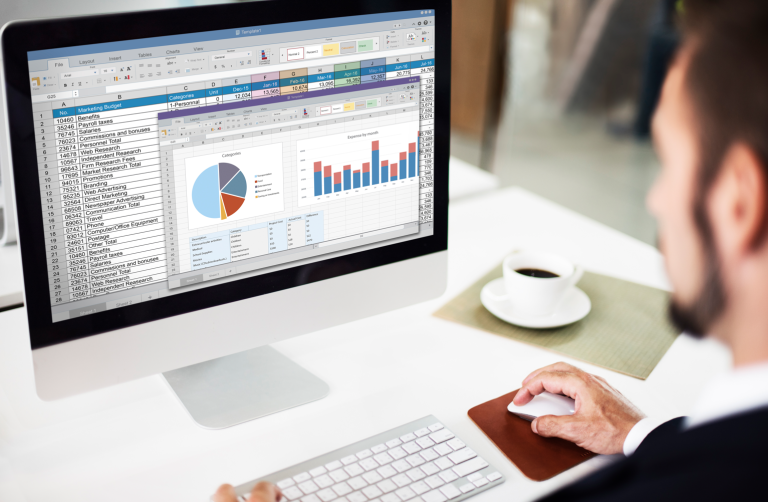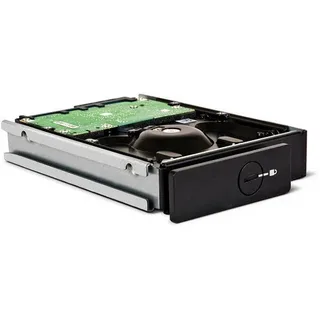When tax season rolls around, many individuals and small business owners feel a mix of anxiety and confusion. Navigating deductions, keeping up with changing regulations, and avoiding costly errors can be a daunting task, especially for those without a background in finance. Fortunately, tax software offers a practical, efficient, and cost-effective solution. For both individuals and small businesses, investing in tax software is more than just a convenience — it’s a strategic move that can save time, money, and stress.
Below, we’ll discuss why using tax software is a wise choice for both individuals and small businesses. Let’s dive in!
Accuracy and Error Reduction
One of the most compelling reasons to invest in tax software is its ability to reduce errors. Manual tax filing, especially without financial expertise, increases the chances of mistakes, ranging from incorrect calculations to overlooked deductions. Tax software is designed to catch common errors, flag missing information, and ensure calculations are correct. Many platforms are updated regularly to reflect the latest tax laws and regulations, minimizing the risk of filing incorrect or outdated returns.
For small businesses, this accuracy is crucial. A small mistake on a tax return can result in penalties, audits, or lost deductions. Tax software helps safeguard against these risks by automating complex tasks and providing step-by-step guidance.
Time Efficiency
Time is a valuable resource, especially for entrepreneurs and busy individuals. Tax preparation can take hours or even days if done manually. Tax software streamlines the process, guiding users through questions and forms in a logical, easy-to-follow sequence.
Many platforms allow you to import previous years’ tax data, W-2s, and 1099s directly into the system, saving significant time on data entry. Small businesses can also connect their accounting software, further simplifying the process. By reducing the hours spent on tax prep, users can focus on other critical areas of their personal or business lives.
Maximized Deductions and Credits
One of the major advantages of tax software is its ability to identify deductions and credits that users might otherwise miss. These platforms use algorithms to scan your entries and suggest ways to lower your tax liability. For small businesses, this can mean finding deductions for home office expenses, mileage, equipment, and more. For individuals, it might uncover credits related to education, childcare, or healthcare.
Some advanced software even offers tax planning tools, helping users make smarter financial decisions throughout the year to lessen their tax burden in the future.
Security and Peace of Mind
Security is a top concern when handling sensitive financial information. Reputable tax software companies invest heavily in data encryption, multi-factor authentication, and secure cloud storage to protect user data. Filing through certified e-file providers also reduces the risk of documents being lost or mishandled. Knowing that your taxes are filed correctly, securely, and on time brings peace of mind — something that’s hard to put a price on.
Compliant with Current Tax Laws
Tax laws change frequently, and staying current is a challenge, particularly for small business owners already managing daily operations. Tax software is regularly updated to reflect the latest tax codes, ensuring your return is compliant and accurate. This is especially important for self-employed individuals and entrepreneurs who must deal with more complex tax rules.
Navigating taxes doesn’t have to be stressful or overwhelming, especially with the right tools at your fingertips. Whether you’re an individual filer or a small business owner juggling multiple responsibilities, investing in tax software is a smart move that can pay off in accuracy, efficiency, and peace of mind. It’s not just about getting your taxes done; it’s about doing them right, maximizing your savings, and freeing up time to focus on what matters most. With so many affordable and user-friendly options available, there’s never been a better time to make tax software part of your financial toolkit.







